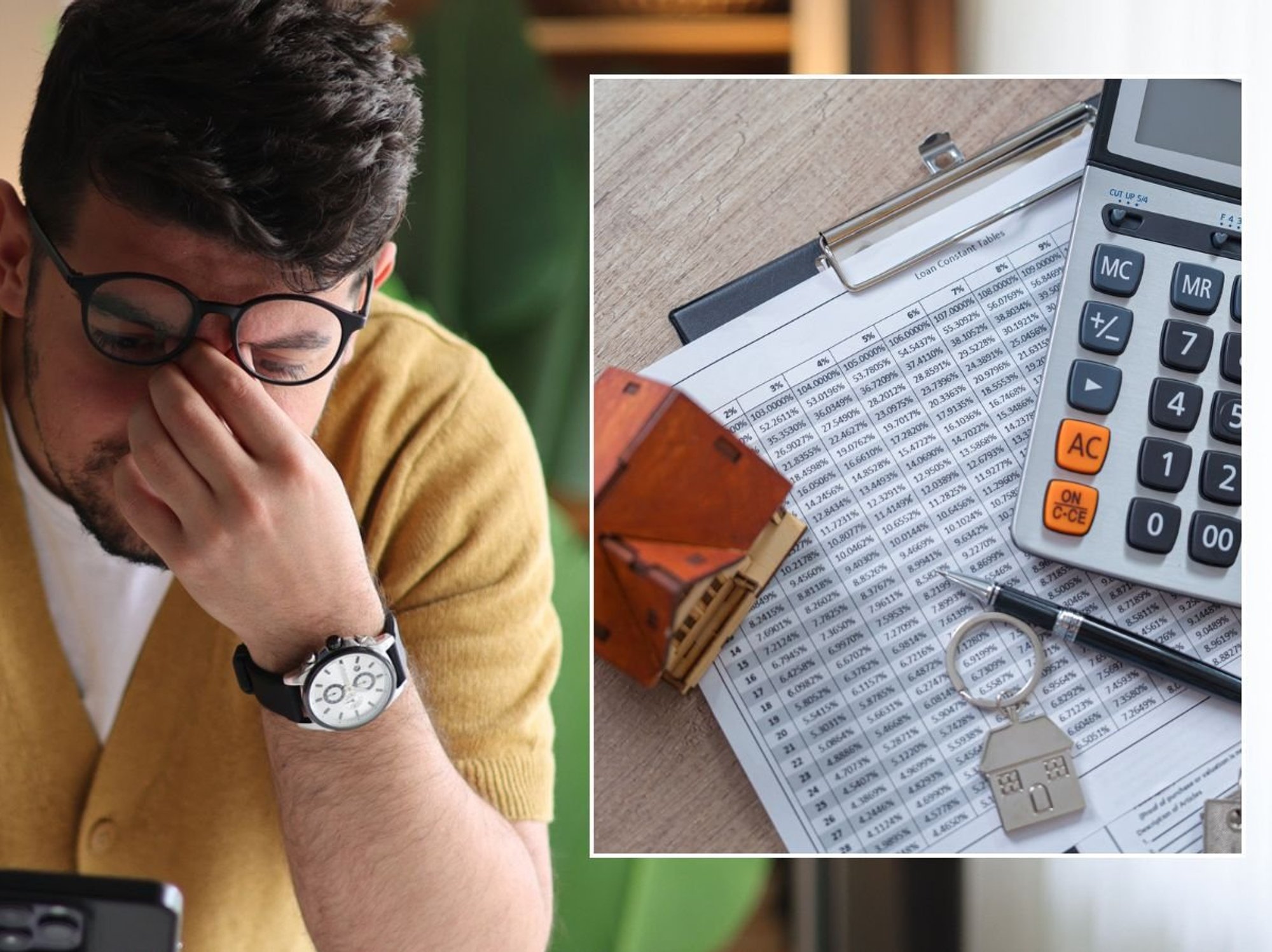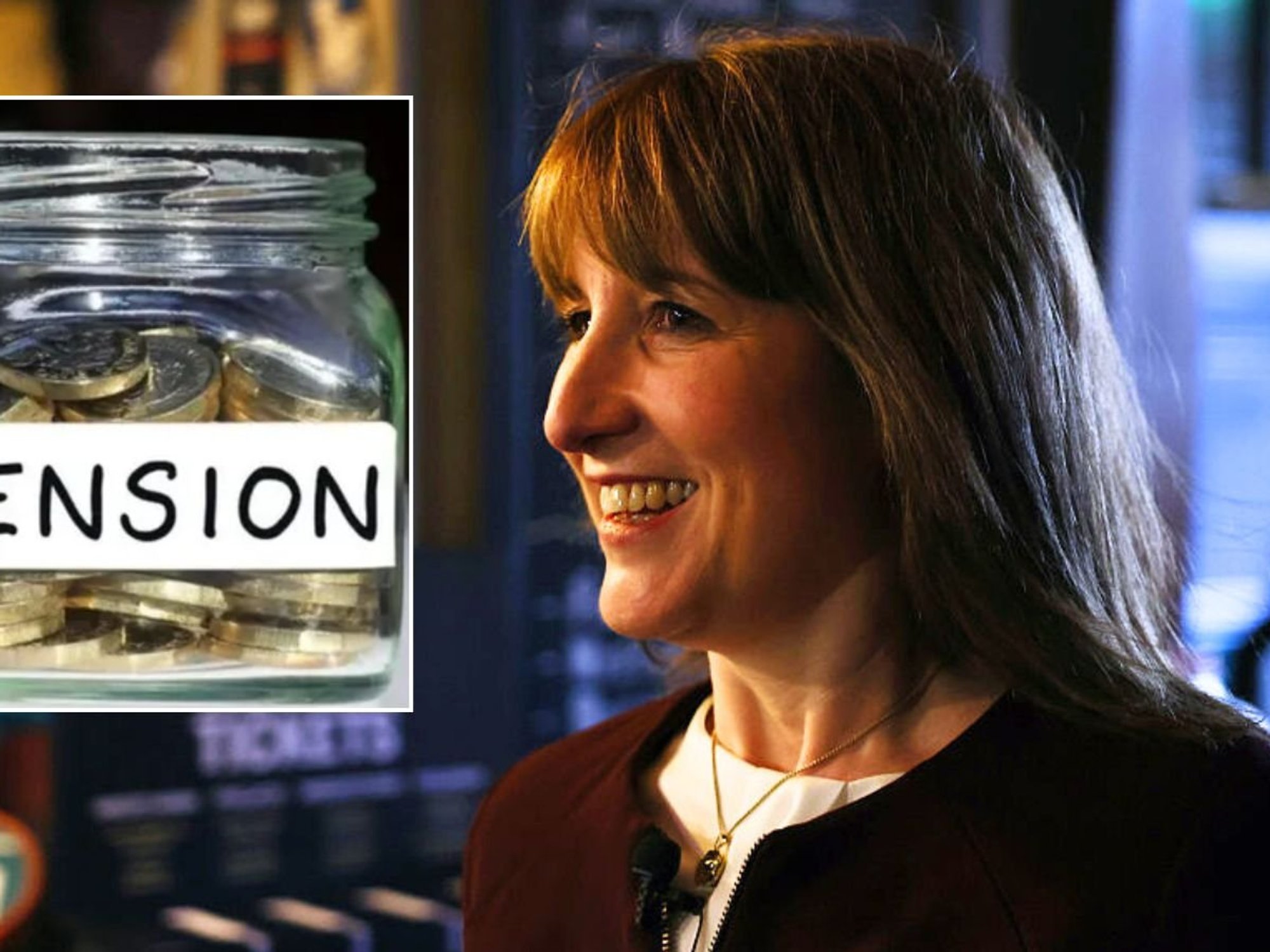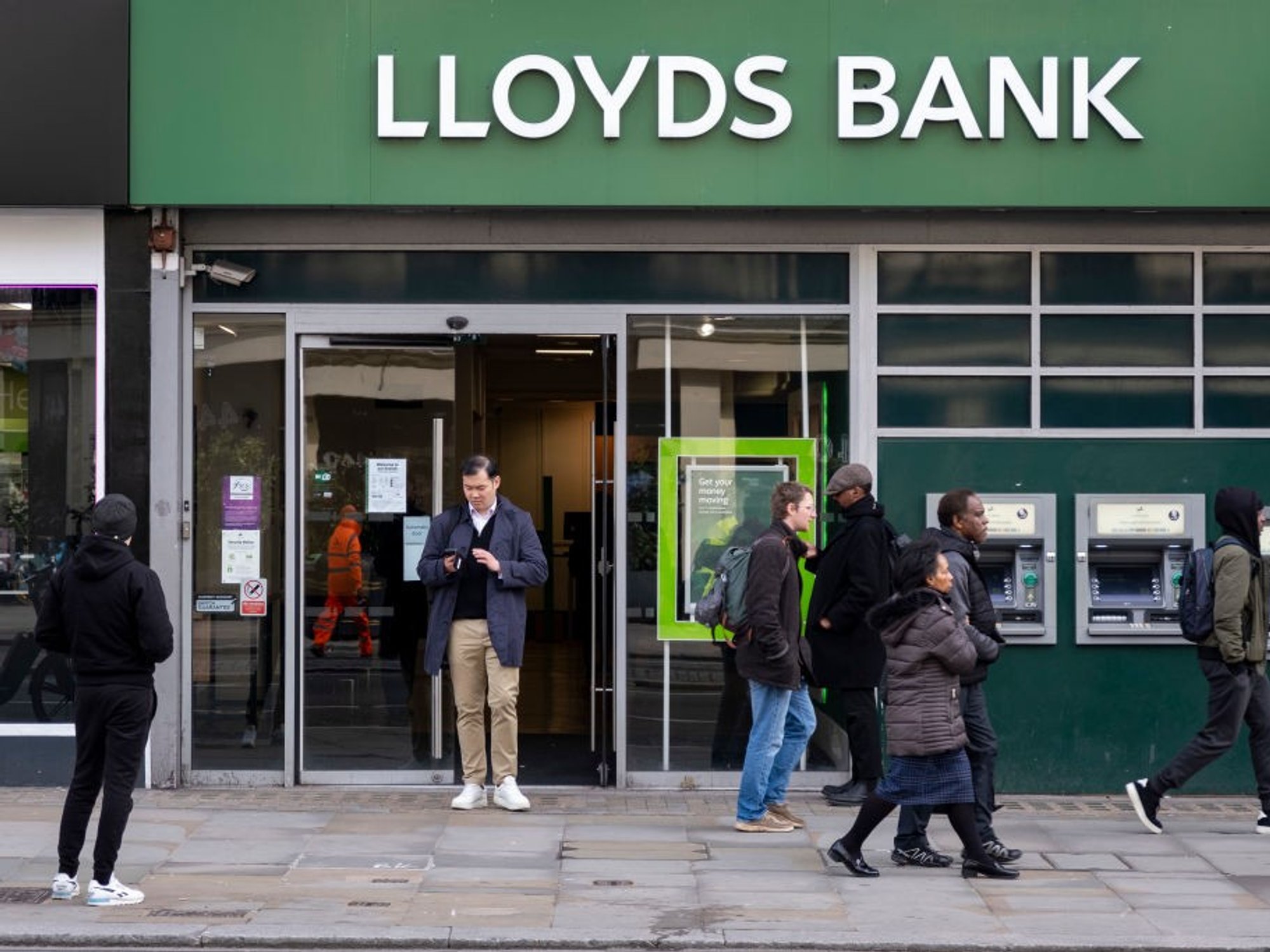Keir Starmer implored to axe DWP benefit cap on Universal Credit amid 'child poverty concerns'
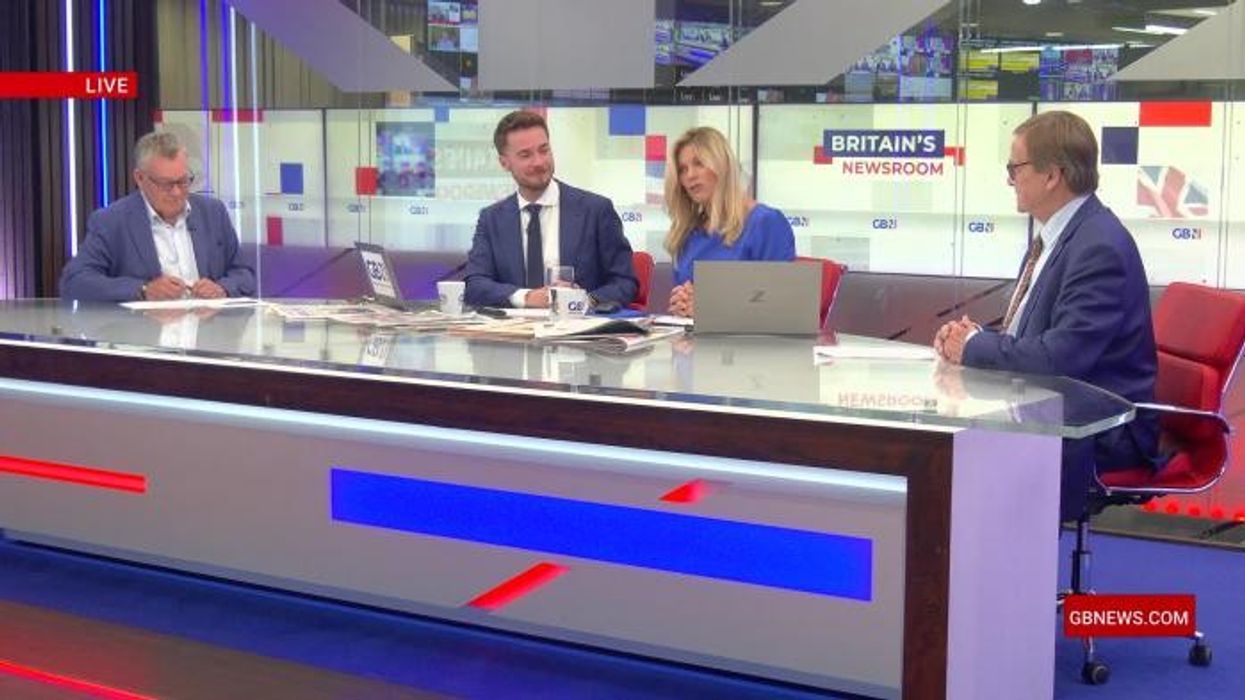
Piers Pottinger hits out at 'preposterous' benefits system as sanctions fall under Labour - 'Soft touch!' |
GB NEWS

The DWP two-child benefit cap has been in place for more than a decade
Don't Miss
Most Read
Prime Minister Keir Starmer is under pressure to axe the two-child benefit cap at this year's Labour Party Conference next week.
Under the Department for Work and Pensions (DWP) policy, payments such as Universal Credit are restricted for households with more than two children.
It is understood that the Prime Minister will be informed by cabinet ministers that scrapping the limit is the best way to alleviate child poverty.
Reports suggest the child poverty taskforce, which was co-founded by DWP minister Liz Kendall, has concluded its assessment into the cap and is recommending it is lifted.
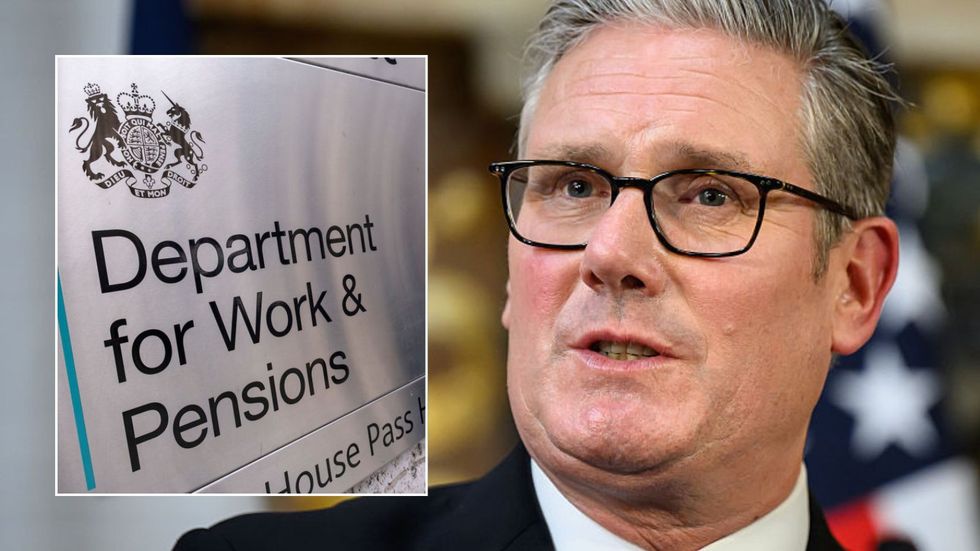
Keir Starmer is under pressure to axe the DWP benefit cap
|GETTY
Both Mr Starmer and Chancellor Rachel Reeves are looking for ways to plug the estimated £30billion "black hole" in the public finances ahead of the Autumn Budget on November 26.
Scrapping the DWP's two-child benefit cap is expected to cost around £3billion a year, which is likely to add further pressure to the Downing Street duo.
Two sources close to the taskforce's findings told The Times that publication of the recommendations have been pushed back due to party politics.
Mr Starmer is facing pressure from the Labour Party's left-wing with Great Manchester mayor Andy Burnham calling for the cap to be scrapped.
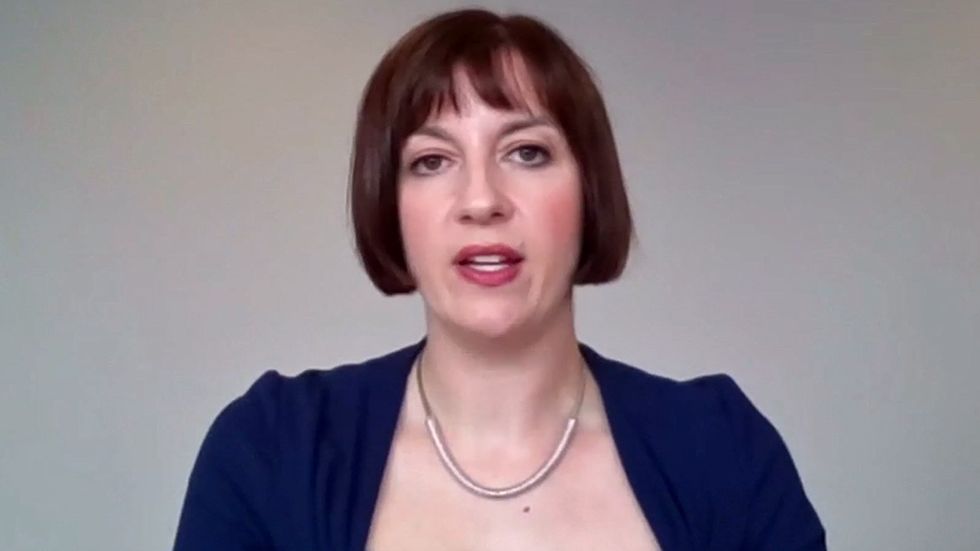
Bridget Phillipson has hinted she supports axing the benefit cap
| GB NEWSEarlier today, Labour minister Pat McFadden, who has taken over as co-chairman of the taskforce, shared that he is "concerned about the levels of child poverty in the country".
On top of this, Mr McFadden refused to rule out an announcement by the Prime Minister at conference within the next few days.
However, he added: "Everything has to be paid for, everything has to be budgeted."
Education Secretary Bridget Phillipson, who also leads the workforce and currently running for Labour's deputy leadership, has hinted that a benefit cap axe is on the cards.
Speaking to the BBC, she asserted that "tackling child poverty is my number one priority", claiming "the two-child limit has to be on the table as a part of that discussion" and that she was "pushing with everything I have to make sure we’re doing what we have to do to tackle child poverty".
Introduced by former Conservative Government Chancellor George Osborne, the benefit cap restricts households claiming the £292.81-a-month child element of Universal Credit for third or more children born after April 6, 2017.
Anti-poverty campaigners and charities have warned the policy is resulting in more children being pushed into poverty.
LATEST DEVELOPMENTS:
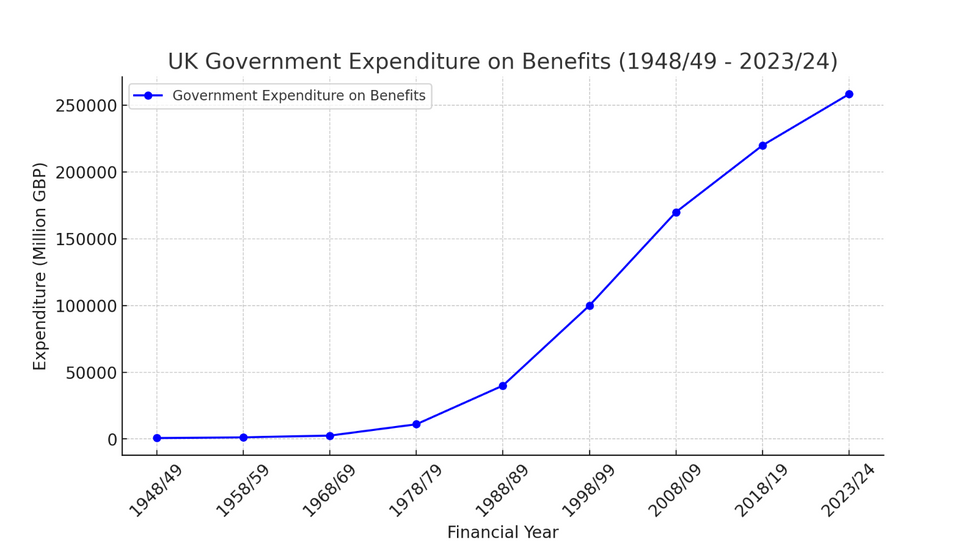 The UK government's expenditure on benefits has also increased over time, with the largest increase in 2020/21 due to the COVID-19 pandemic | ChatGPT
The UK government's expenditure on benefits has also increased over time, with the largest increase in 2020/21 due to the COVID-19 pandemic | ChatGPT Despite calls to axe the measure, a recent study by the Institute of Fiscal Studies (IFS) has suggested the policy's detrimental impact has been overstated.
New research by the IFS, funded by Nesta, has found that the introduction of the two-child limit has had no significant effect on the proportion of third and subsequent children in England achieving a good level of development at age five.
Tom Waters, an associate director at the IFS and an author of the report, said: "The Government has set the dual objectives of raising children’s school readiness levels and reducing child poverty. Reversing the two-child limit, at a cost of £3billion a year, would be one of the most effective ways to target the latter goal.
"However, our research shows that the two-child limit has had no adverse impact on children’s development as measured by their teachers at the end of the reception year."
More From GB News






